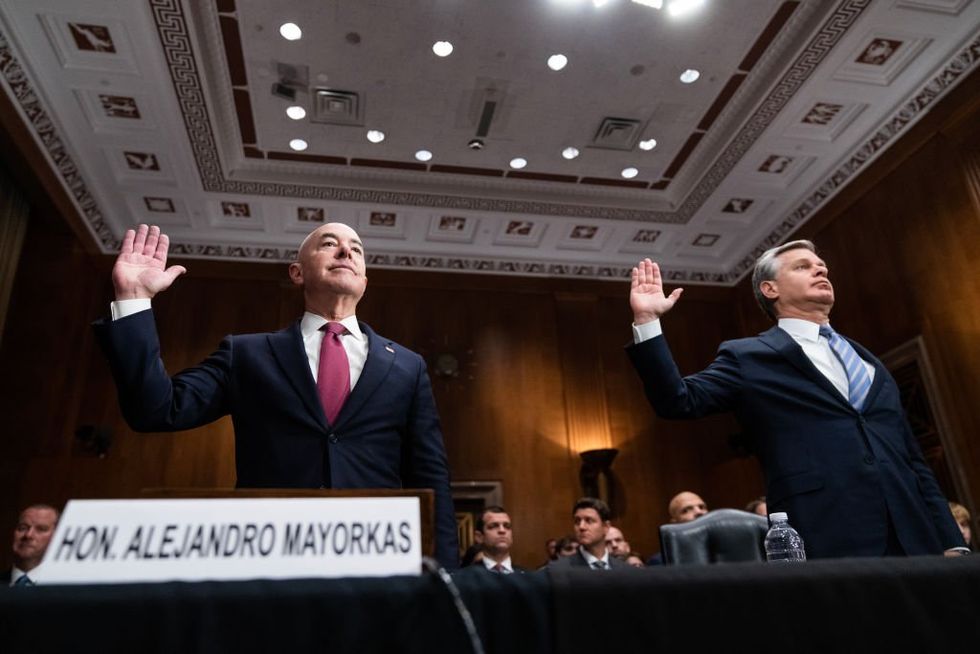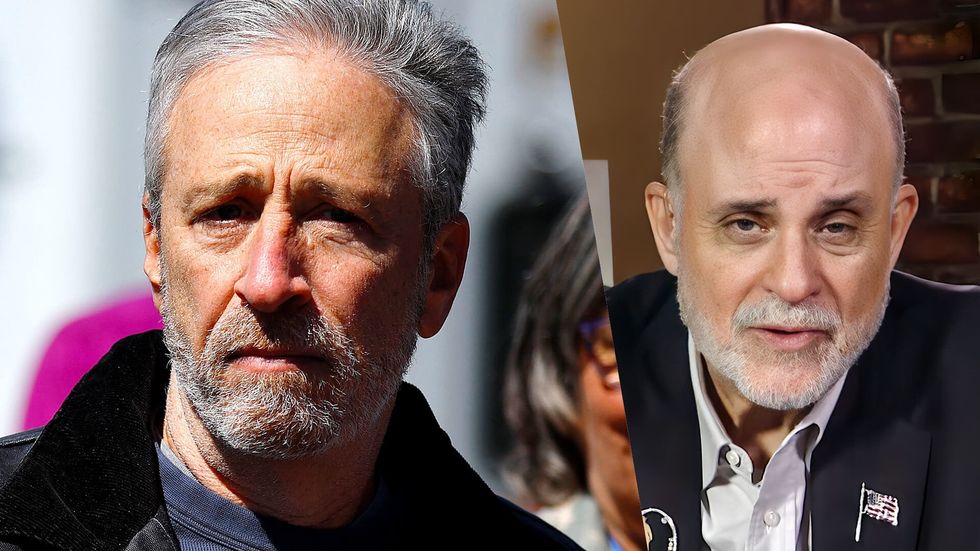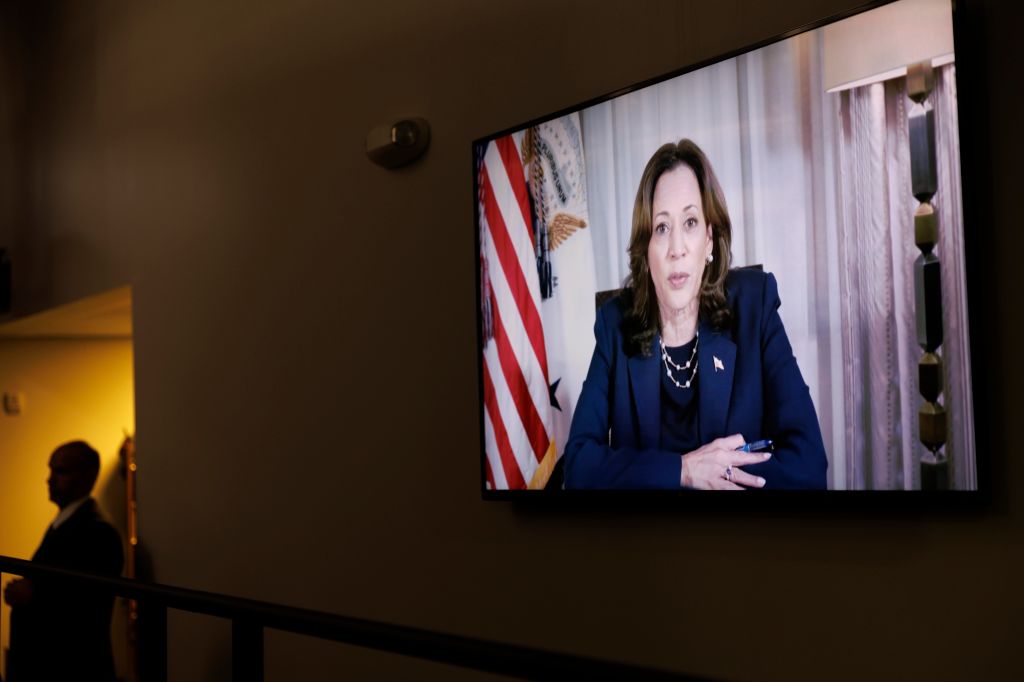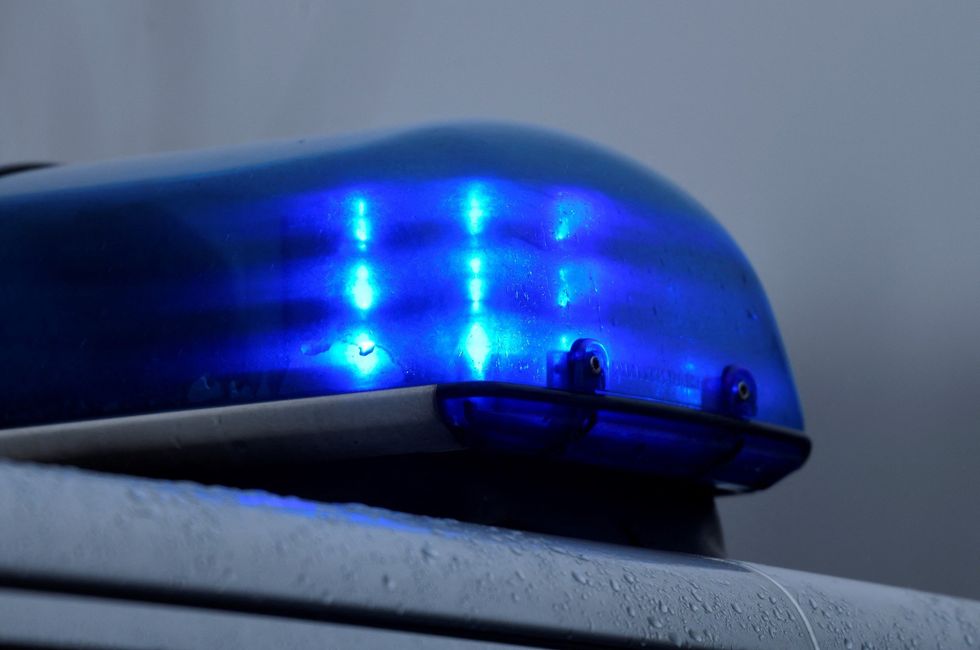Bill W.: Alcoholic who helped himself by helping others
The man known as Bill W. took a liking to drinking as a young artillery officer in the Vermont National Guard. Finally, a cure for his crippling shyness. “I had found the elixir of life,” he later wrote. His initial delight soon became an ungovernable obsession, even as he married, served in World War I, and attended law school (too drunk to pick up his diploma, he failed to graduate). Modest success as a stockbroker followed, interrupted by regular hospitalizations for alcohol addiction. Eventually, the threat of professional ruin and imminent death motivated him to become sober for short periods of time, always ending in relapse. During one such period in 1935, a failed business trip to Akron left Bill with the overwhelming urge to head directly to the hotel bar. Desperate to keep his sobriety, Bill decided his only hope was to speak to another alcoholic. He called a local church and was eventually put in touch with a surgeon and fellow drunk today remembered as Dr. Bob. The two met, and soon formed a friendship that led them both to lasting sobriety. This simple process of helping oneself by helping another became the template for Alcoholics Anonymous, a grassroots, free-of-charge, decentralized fellowship that declined to demonize alcohol and maintained only one requirement for membership: the sincere desire to stop drinking. Almost 90 years later, millions of alcoholics around the world have found in AA's clear, unyielding principles the key to recovery and the source of deep, unwavering serenity. As Bill W. himself put it:"Nowadays my brain no longer races compulsively in either elation, grandiosity, or depression. I have been given a quiet place in bright sunshine."
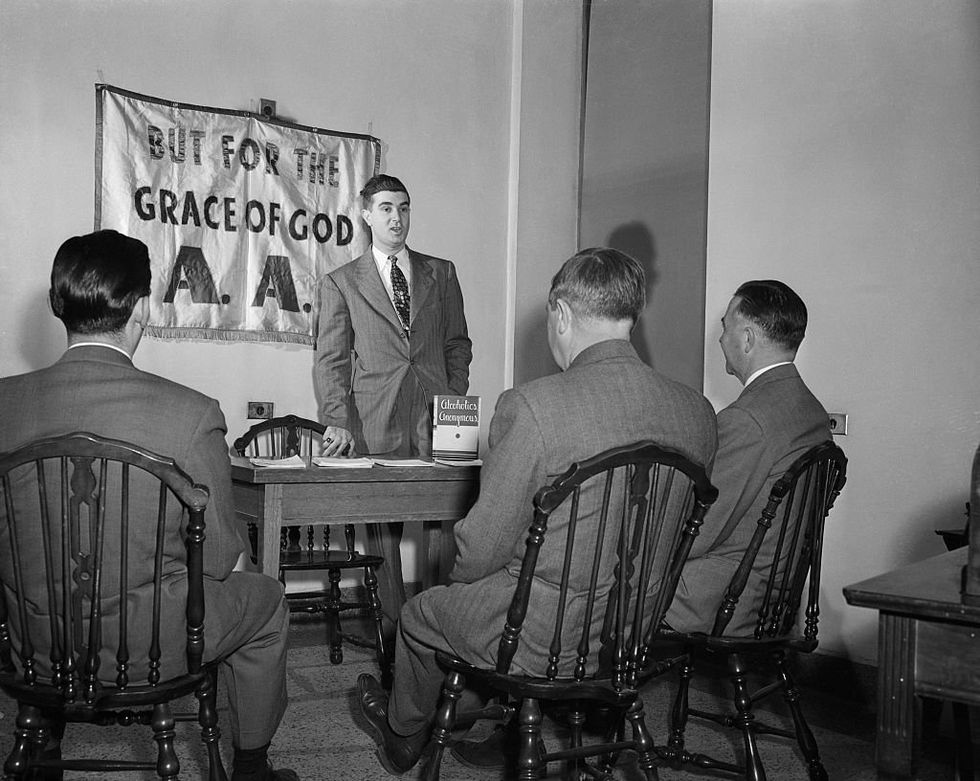

The man known as Bill W. took a liking to drinking as a young artillery officer in the Vermont National Guard. Finally, a cure for his crippling shyness. “I had found the elixir of life,” he later wrote.
His initial delight soon became an ungovernable obsession, even as he married, served in World War I, and attended law school (too drunk to pick up his diploma, he failed to graduate). Modest success as a stockbroker followed, interrupted by regular hospitalizations for alcohol addiction. Eventually, the threat of professional ruin and imminent death motivated him to become sober for short periods of time, always ending in relapse.
During one such period in 1935, a failed business trip to Akron left Bill with the overwhelming urge to head directly to the hotel bar. Desperate to keep his sobriety, Bill decided his only hope was to speak to another alcoholic. He called a local church and was eventually put in touch with a surgeon and fellow drunk today remembered as Dr. Bob. The two met, and soon formed a friendship that led them both to lasting sobriety.
This simple process of helping oneself by helping another became the template for Alcoholics Anonymous, a grassroots, free-of-charge, decentralized fellowship that declined to demonize alcohol and maintained only one requirement for membership: the sincere desire to stop drinking.
Almost 90 years later, millions of alcoholics around the world have found in AA's clear, unyielding principles the key to recovery and the source of deep, unwavering serenity. As Bill W. himself put it:
"Nowadays my brain no longer races compulsively in either elation, grandiosity, or depression. I have been given a quiet place in bright sunshine."
Originally Published at Daily Wire, World Net Daily, or The Blaze
What's Your Reaction?















